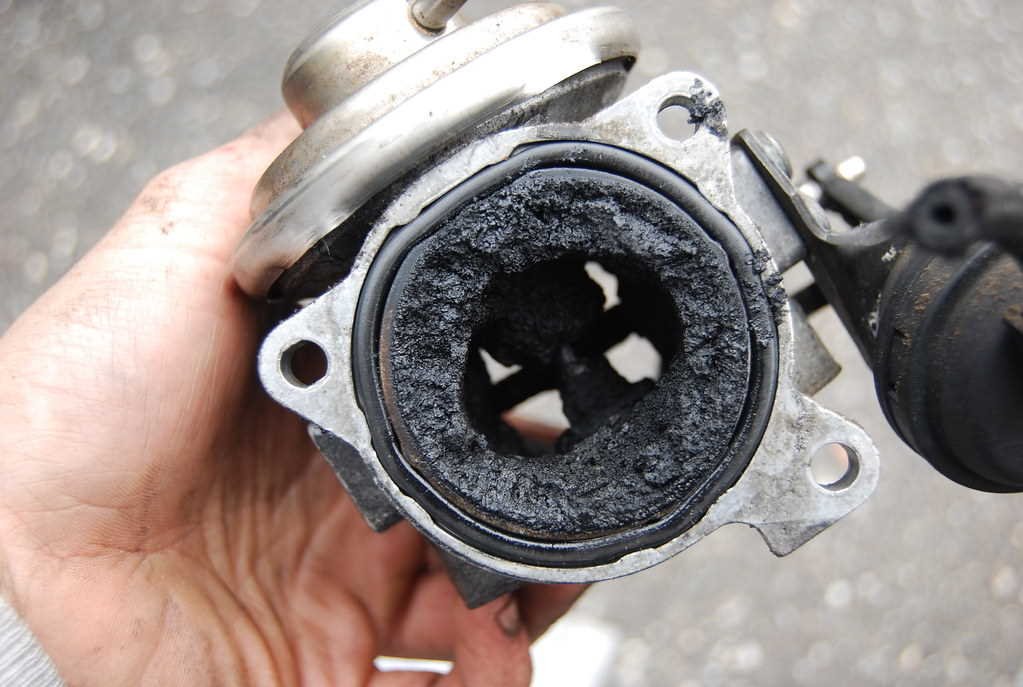Disabling EGR

The Benefits of Disabling EGR: A Comprehensive Guide
Exhaust Gas Recirculation (EGR) systems have been a standard feature in many vehicles for decades. However, some automotive enthusiasts and performance-minded drivers have found potential advantages in disabling this system. This article explores the various benefits that can be achieved by disabling the EGR system in certain vehicles.
1. What is EGR?
Before diving into the benefits, let's briefly explain what EGR is. The Exhaust Gas Recirculation system is designed to reduce nitrogen oxide (NOx) emissions by recirculating a portion of exhaust gases back into the engine's combustion chambers.
2. Benefits of Disabling EGR
2.1 Improved Engine Performance
One of the primary reasons drivers consider disabling their EGR system is the potential for enhanced engine performance. By eliminating the recirculation of exhaust gases, the engine can breathe more efficiently, potentially leading to:
- Increased horsepower
- Better throttle response
- Improved acceleration
2.2 Enhanced Fuel Economy
With the EGR system disabled, some drivers report experiencing better fuel economy. This improvement may be attributed to:
- More efficient combustion
- Reduced strain on the engine
- Optimized air-fuel mixture
2.3 Reduced Carbon Buildup
EGR systems can contribute to carbon buildup in the intake manifold and on intake valves. Disabling the EGR may help to:
- Minimize carbon deposits
- Maintain cleaner engine internals
- Potentially extend engine life
2.4 Simplified Engine Bay
Removing or disabling the EGR system can lead to a cleaner and less cluttered engine bay. This can offer benefits such as:
- Easier access for maintenance
- Improved engine cooling
- A more aesthetically pleasing engine compartment
2.5 Elimination of EGR-Related Issues
Some vehicles are prone to EGR system failures or malfunctions. By disabling the system, drivers can avoid:
- Costly repairs related to faulty EGR valves
- Check engine lights triggered by EGR problems
- Potential drivability issues caused by EGR malfunctions
3. Conclusion
Disabling the EGR system can offer several potential benefits for certain vehicles and driving applications. From improved performance and fuel economy to reduced maintenance concerns, many drivers find the advantages appealing. However, it's essential to research and understand the implications for your specific vehicle before making any modifications.
Remember, the decision to disable the EGR system should be made with careful consideration of your vehicle's needs and local regulations. Always consult with a professional mechanic or tuning specialist to ensure any modifications are performed correctly and safely.
By exploring the benefits of EGR deletion, drivers can make informed decisions about optimizing their vehicle's performance and efficiency.



